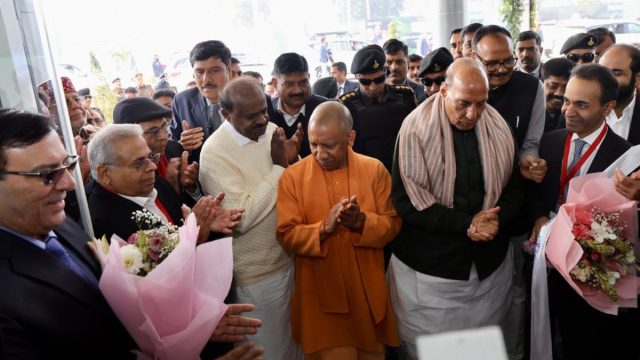Indian multinational food delivery firm Zomato on Saturday announced its intention to adopt electric vehicles(EVs) for 100 per cent of its delivery fleet by the year 2030. The company announced the move, a bid to reduce its carbon footprint, in a blog post written by Zomato’s CEO and founder Deepinder Goyal. The announcement comes on the heels of the company’s plan to go public.
According to Zomato, for the purpose of reducing its carbon footprint, the company has joined the global electric mobility initiative of Climate Group. Climate Group is an international non-profit which aims to drive accelerated climate action to achieve net-zero carbon emissions by the year 2050.
As part of our plans to reduce our carbon footprint, we are committing to 100% adoption of electric vehicles for delivery by 2030. Zomato has joined @ClimateGroup 's global electric mobility initiative #EV100.
Read more here: https://t.co/Zg2GP6yUtV pic.twitter.com/5icLX73Td2
— zomato (@zomato) June 5, 2021
Deepinder Goyal, in his blog, informed that the company already delivers some orders in the cities of Mumbai, Delhi and Bangalore using electric vehicles. However, he added that “the current EV fleet is a small fraction of the active fleet of delivery partners.” He believes that switching to electric vehicles is a necessary step in the long run.
He also highlights the key challenges like limited battery range, lack of charging infrastructure, higher upfront costs and lack of trust in new technology as the reasons for lower adoption of electric vehicles in general. “However, given the rapid innovation in this field and positive push by the government, we expect a much faster transition to EVs for the two wheeler industry over time,” Goyal said.
Zomato’s founder informed that the company is already working with some EV players to design pilots and build business models which would ensure a faster transition to a viable mobility solution for doing deliveries. “We want to be accountable for the impact we create and contribute to finding solutions for the world’s most important environmental challenges, that are a by-product of our own progress,” he added.
Earlier, Walmart owned Flipkart had also announced that it was joining the Climate Group’s EV 100 initiative and would use more than 25,000 EVs by 2030. Amazon India, meanwhile, had claimed that it would deploy 10,000 EVs in its delivery fleet by 2025.
Zomato has already kick-started the process to go public after filing its Draft Red Herring Prospectus to the market regulator in April this year.




